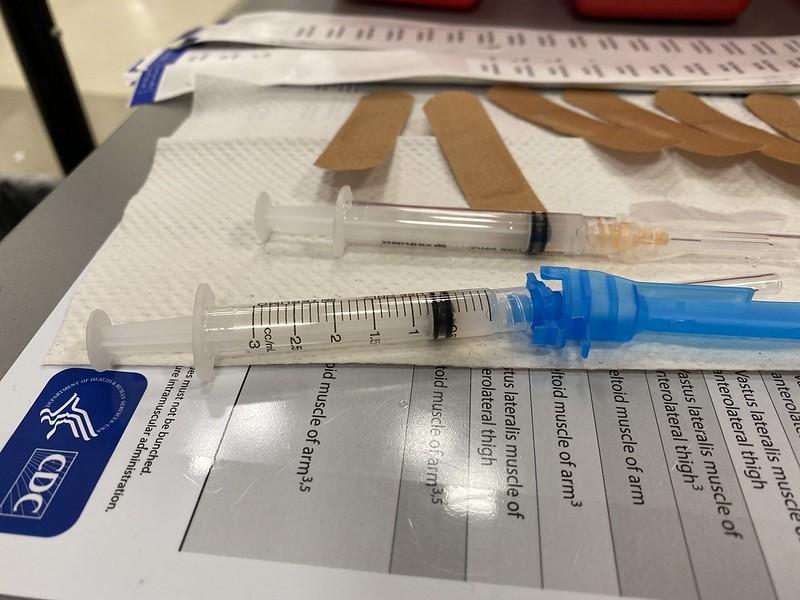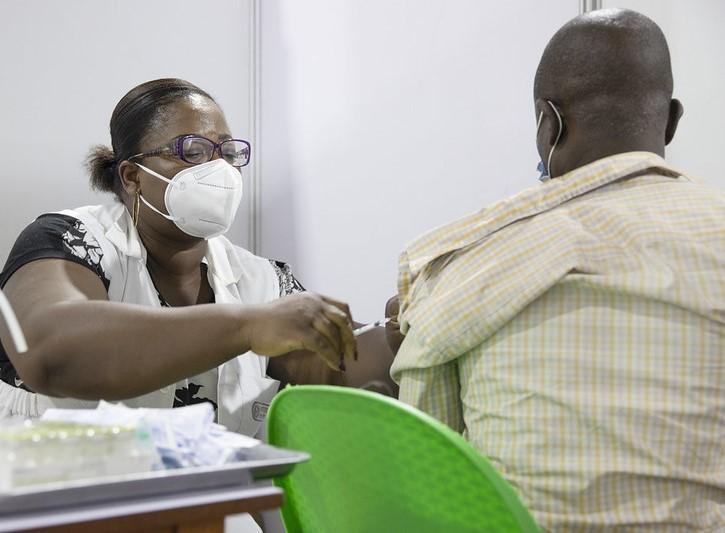India has reported an H9N2 avian flu case involving a child in West Bengal state who was exposed to poultry, marking the country's second such case since 2019, the World Health Organization (WHO) said today in a statement, and China confirmed another pediatric H9N2 infection.

The 4-year-old child, who had a history of upper-airway disease, was first hospitalized in February for complications from respiratory virus infections, which included influenza B and adenovirus. In early March, the child was hospitalized again with severe respiratory symptoms, which were positive for unsubtyped influenza A and rhinovirus.
Further testing of the flu virus sample revealed H9N2. The child was discharged from the hospital on oxygen support on May 1. The follow-up investigation found that the patient had been exposed to poultry at home. No similar symptoms were reported in the patient's family, community, or healthcare contacts.
The WHO said most H9N2 infections are typically mild, though a few hospitalizations and deaths have been reported. It added that sporadic infections will likely continue, though the overall risk is low, given that H9N2 hasn't shown a capacity to transmit easily among people.
China reports another H9N2 case
China's H9N2 case is in Guangxi province, according to a weekly avian influenza update from Hong Kong's Centre for Health Protection. The 3-year-old boy's symptoms began on May 2. No other details were available about his condition or how he likely contracted the virus.
H9N2 circulates as a low-pathogenic virus in poultry in many parts of the world. China's mainland has reported five infections involving the virus this year.














